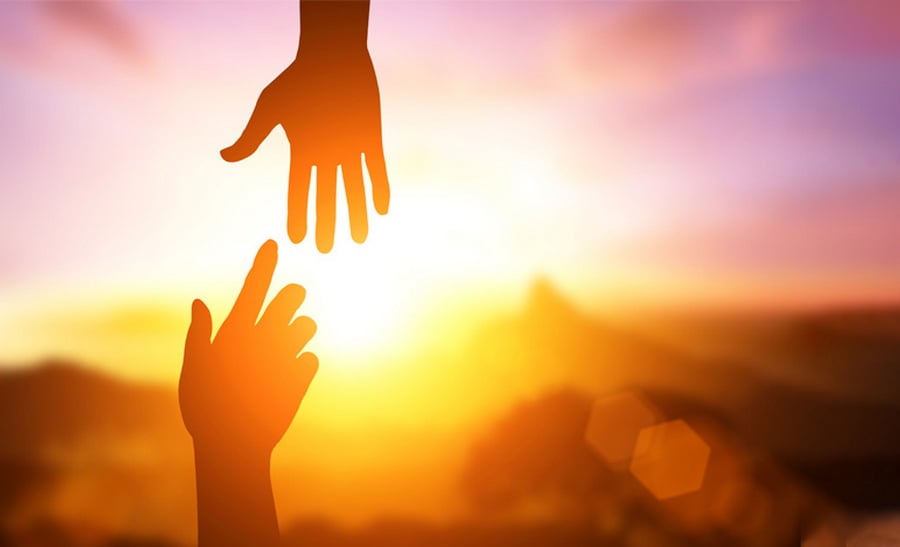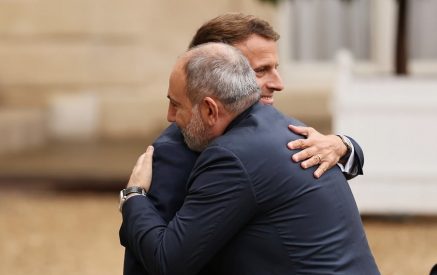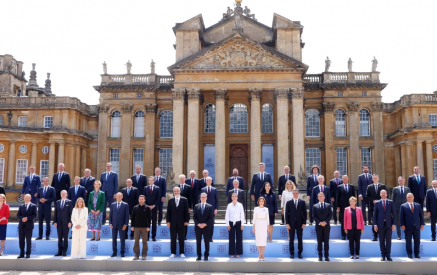Over the course of many decades, people have often asked me, “Is there hope?” I’m not entirely sure what they mean, but I assume they are referring to hope in a socio-political or historical sense. Something like: “In past centuries, such-and-such happened to our people, but then…” Or more broadly: “When all doors close, one will eventually open.”
But that kind of hope is often just the continuation of people’s fears and anxieties. Worse, it becomes a mirror-like reflection of the hopes of our enemies or opponents.
Let’s say we hope to somehow preserve our national dignity and safeguard Armenian statehood. Meanwhile, Turks and Azerbaijanis hope to continue trampling that dignity and dismantling that statehood.
Or, if we shift this pattern to Armenia’s internal affairs: one segment of society hopes that Pashinyan will not rule for life, fearing that each year and month of his leadership brings new losses. Meanwhile, the Nikol supporters hope the opposite—that he will remain in power for decades to punish all the “former regime” figures and “Karabakh people,” most of whom, in their view, drive around in $100,000 black jeeps.
Read also
What did the opposition hope for? That Putin would become angry at Pashinyan’s “European games” and decide to replace the government. Meanwhile, government supporters placed their hopes in Macron, or some metaphorical Charles Michel, who—according to them—wake up every day exclaiming: “What a wonderful democratic guy Pashinyan is! We must never let him be removed from power.”
Similarly, both “sides” have their own cherished dreams: “Let the people unite and rise up as one to remove Pashinyan from office.” And on the flip side: “Let the people rise up as one to defend our Nikol.”
I do not place my faith in these kinds of “hopes”—because their fulfillment does not depend on me. And it doesn’t matter what they depend on: the course of history, the “will of the people,” foreign support, or favorable circumstances.
My true hope is something else entirely. It is not dependent on anyone else. It does not rely on how the circumstances unfold—whether favorably or unfavorably. My hope is rooted solely in my own actions and choices.
“A human being is a finite thing, and his freedom is restricted. It is not freedom from conditions, but it is freedom to take a stand toward the conditions. Man is ultimately self-determining. Man does not simply exist but always decides what his existence will be, what he will become in the next moment. The last of the human freedoms—to choose one’s attitude in any given set of circumstances, to choose one’s own way. Man has both potentialities within himself; which one is actualized depends on decisions but not on conditions”.
These words belong to Austrian psychologist Viktor Frankl, who did not lose hope even while in a concentration camp. Because, in the end, the most important levers were in his own hands.
Aram ABRAHAMYAN
























































